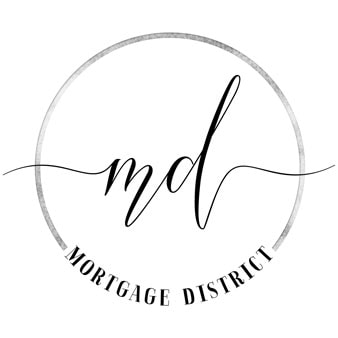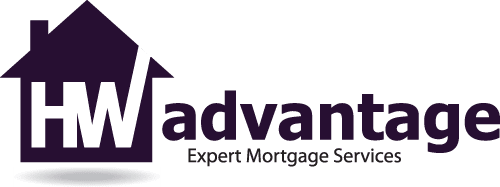As of June 1, 2021, changes to Canada’s mortgage approval criteria have taken effect. The updated “Stress Test” is an effort by government regulators to cool a super-hot housing market by making it more difficult for homebuyers to qualify for a mortgage.
The mortgage stress test was first introduced in 2017 as a precautionary measure to prevent Canadians from committing to mortgages (debt) they may be unable to afford if interest rates increase in the future. Today’s stress test is just an extension of that. To describe it in simple terms, the stress test calculates the amount of money you can borrow today based on an inflated interest rate, so if they (rates) do go up you’ll still be able to afford the mortgage/payment down the road.
Officially the new mortgage stress test is calculated as follows: The current interest rate used in the stress test is the higher of the benchmark rate (currently 5.25%) or the contracted mortgage rate plus 2 percent. The new rules will have an impact on everyone applying for a new mortgage from a federally regulated bank/lender.
Limiting Buying Power
The current benchmark rate for the mortgage stress test is 5.25% (Up from 4.79% prior to June 1st). This increase will limit buying power by approximately four to five percent. For example, let’s look at the impact on a family with $100,000 in combined annual income and a 20% down payment. At the previous benchmark interest rate of 4.79% and assuming no other debts (for illustrative purposes) this family would qualify for a home valued at $651,000.
After the benchmark rate rose to 5.25% on June 1st, this same family would now only qualify for a home valued at $618,000.
In the short term, this will make it increasingly difficult for people to qualify for mortgages necessary to be competitive with offers in a hot housing market. The idea is though once the market is cooled, people will be able to qualify for homes because the prices of homes will have stabilized.
Looking Ahead to Post-Pandemic Interest Rate Hikes
The hot real estate market is one of the reasons for the upcoming stress test changes. Interest rates have been low for many years and were further chopped at the beginning of the pandemic largely due to a weak economic outlook by regulators. However, as we look ahead to the post-pandemic economic recovery some believe that eventually, interest rates will begin to rise. The higher stress test can cause a cooling down of the housing market while also protecting prospective buyers from overextending and potentially defaulting.
What Determines the Benchmark Rate?
The benchmark rate used to calculate the stress test is not arbitrarily chosen. The Bank of Canada extracts the average posted rates between Canada’s 6 major banks. To learn more about how rates are determined I recommend reading a short blog on the Bank of Canada website https://www.bankofcanada.ca/2020/05/whats-behind-your-mortgage-rate/
Ways to Get Around the Stress Test
The good news is that not all mortgages are subject to the new mortgage stress test. However, if you are buying for the first time or looking to refinance a mortgage, you should know your options. All conventional Banks as well as the majority of Monoline Lenders (which brokers often use due to their superior terms and rates) are all federally regulated and must follow the new stress test guidelines. Many credit unions are provincially regulated so the stress test doesn’t apply to them and neither does it to private lenders which have seen a huge uptake in market share since the first stress test arrived in 2017. These lenders are typically more willing to accept applications without the applications of the stress test.
If you already have a mortgage and it’s time to renew, you don’t need to worry about the mortgage stress test as long as you stay with the same mortgage lender. Renewing doesn’t require a new mortgage application. However, if you choose to shop around for a better rate or better terms, that’s a new application, and you’ll have to pass the stress test.
Understanding mortgage approval criteria and the new mortgage stress test can be confusing. If you are thinking about buying or refinancing, contact a professional mortgage broker in Burlington to help you make the right decisions. Get the HW Advantage – call mortgage professional Harrison White for help finding the best mortgage to fit your financial goals.


